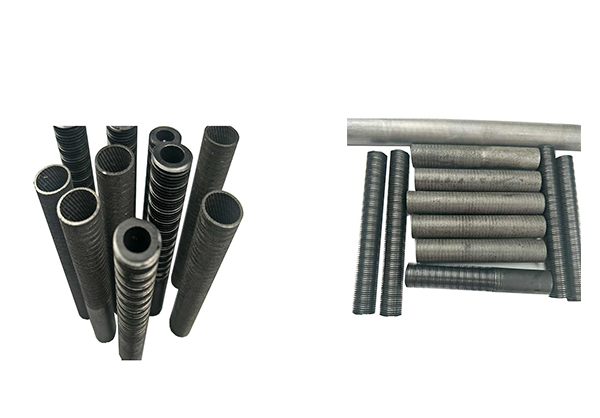At present, there are many varieties of edible oil sold on the market, the most common of which are corn oil, peanut oil and rapeseed oil. The fat smoke point is an important indicator for evaluating the quality of edible oil. It refers to the temperature at which the fat is first detected when the fat is heated to escape the decomposition product under certain conditions. It is usually measured using a grease detector. In general, the type of edible oil is different, and the smoke point value measured by the oil smoke point meter is also not the same. The following are the current common smoke point values ​​of some edible oils, and some of their uses. name use Smoke point (degrees) butter Baking, cooking 150°C coconut oil Coating \ package \ crisp 175°C Corn oil Fried, fried, leavened 230°C Cotton seed oil Margarine, salad dressing, crispy 215°C lard Baking, cooking 190°C olive oil Cooking/biscuit 190°C Peanut oil Fried \ margarine \ salad dressing \ crisp 225°C Safflower oil Margarine, mayonnaise, salad dressing 265°C Soybean oil Margarine, salad dressing, crispy 257°C Sunflower seed oil Fried \ margarine \ salad dressing \ crisp 225°C
Integrated finned tubes are widely used in power and process equipment. It is characterized by low maintenance, durable rust prevention and light weight.
Advantages of finned tube
Avoid gap corrosion, longer service life
– easy to clean and disinfect, laser fins meet the requirements of the food and pharmaceutical industries
-Optimize heat transfer, reduce materials, reduce the floor area of heat exchanger and reduce investment cost
-Conform to the process flow, reduce downtime, reduce operation and maintenance costs and investment costs
-The tube can be bent in the fin part, which is fast and easy to process and reduces the bypass flow.
-The pipe is hardly affected by the welding process, the pipe wall may be smaller, the floor area and weight of the finned tube heat exchanger are smaller, and the manufacturing complexity is lower.
Low Finned Tubes are mainly used in condensers and evaporators of heat exchangers such as air conditioners and refrigerators, absorption chillers, and oil coolers; condensers and evaporators in coal and nuclear power plants; marine heat exchangers; gas turbines; petroleum Air coolers in industry, diesel coolers, dryers and heaters in the chemical industry.
Compared with transparent tubes, Low finned tube has larger external surface area and higher heat transfer performance, and is widely used in various heat exchange fields.
Corrosion resistant low finned tube,High performance low finned tube,Stainless steel Wuxi Mcway Equipment Technology Co., LTD , https://www.mcwayfinnedtube.com
From the table, we can see that the safflower oil has the highest smoke point while the butter has the lowest smoke point value. The use of fat smoke point meter to determine the smoke point of different types of edible oil is to obtain clear data results to guide the processing and storage of grease. In general, the grease can only be qualified when it reaches the standard value. Due to the different types of edible oils and fats, the ingredients are not the same. Therefore, the use of different types of edible oil smoke points to compare the height of the quality is not of reference value. Usually for the same kind of fat, to determine the change in the smoke point, and then determine the quality.
From the table, we can also see that different kinds of edible oils and fats have different smoke point values ​​measured by smoke point instruments, so their use is also quite different, and the general requirements for frying are higher. Cooking and baking, on the other hand, require less smoke. This is also considered to be a related law of the smoke point of edible oil and its use. 